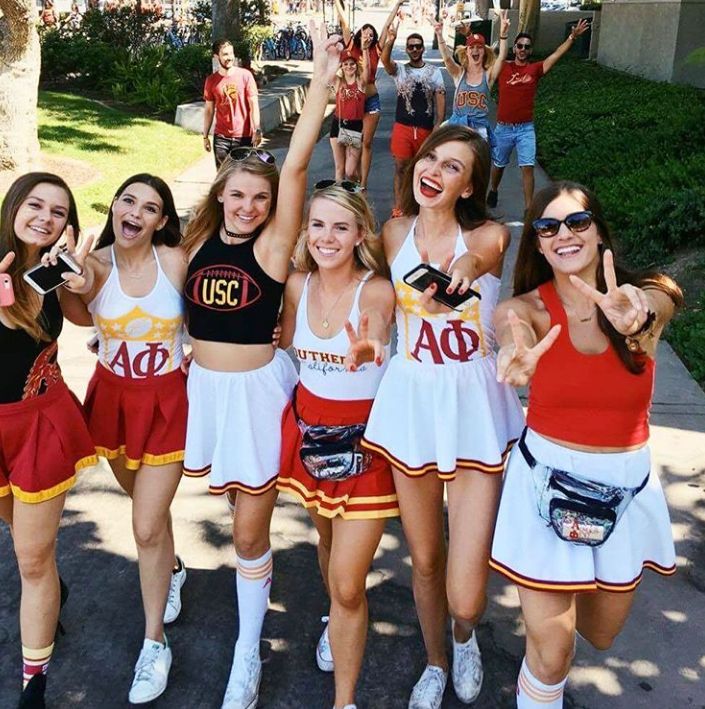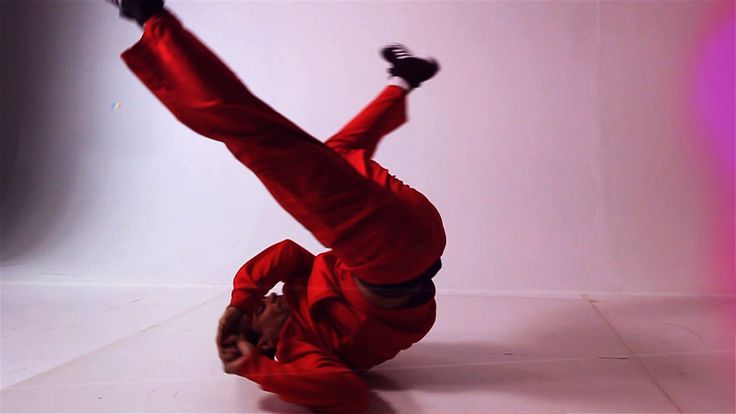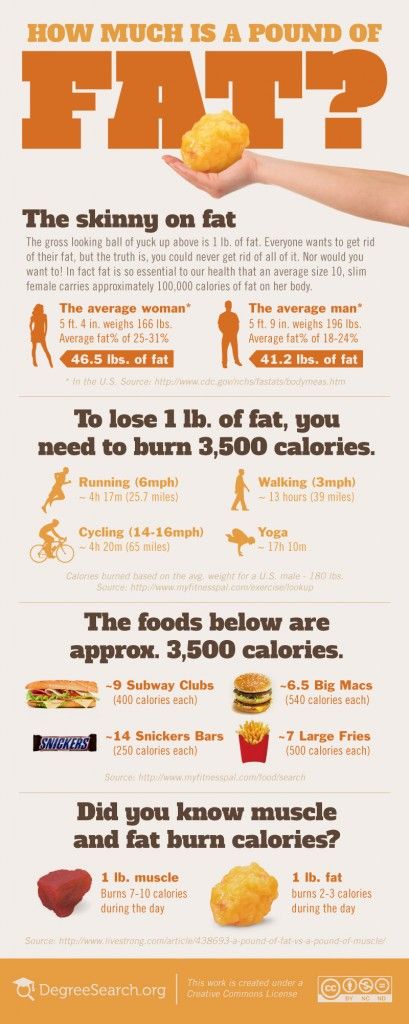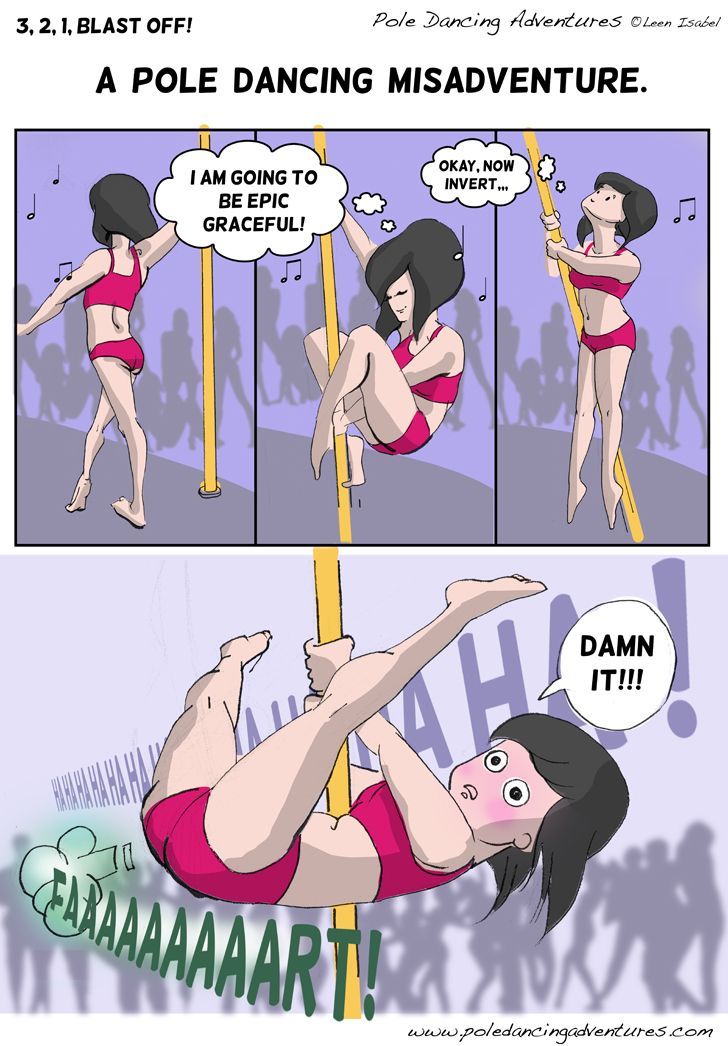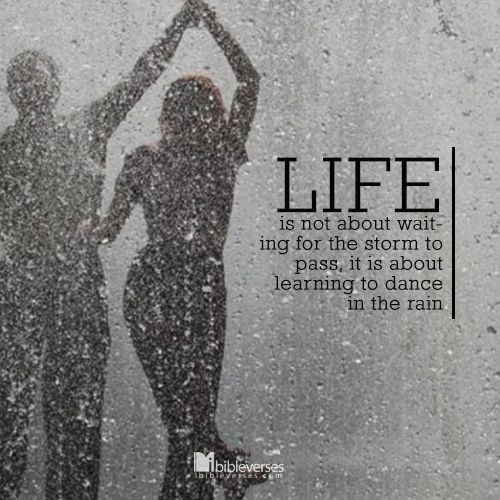How dancers do college
4 Ways to Dance in College – Outside of a Dance Major
Most of us dreamed about being prima ballerinas when we were little. The reality is that it can’t turn out that way for all of us. Many high school upperclassmen (juniors and seniors) realize that, although they’ll always love dancing, it’s just more realistic – or just more for them personally – to delve into another field of study in college. If you’re headed into a college major that’s not dance, dancing doesn’t have to leave your life. Here are four relatively easy and accessible ways that you can keep dancing in college.
#1. Join an athletics dance team.
Many universities, especially larger ones, have dance teams (in addition to cheerleading squads). Many of these require auditions for a limited number of openings. If you don’t make the cut, don’t hesitate to ask about other ways that you can be involved, that can allow you to keep dancing. Those include choreographing, dance captaining, teaching the team’s technique classes and/or taking the team’s classes in exchange for helping out in other ways (notating choreography, doing costume adjustments, operating and designing performance and rehearsal music mixes).
Perk: You could get opportunities to travel to other schools and engage with other dance teams. But expect late night and early morning commitments, as well as possible interruptions to your typical schedule for that traveling. All in all, involvement with a dance team can be fun, inspiring and full of school spirit!
#2. Join a dance club.
Many universities and colleges have a wide variety of dance clubs. Many schools also have fairs in the early fall when all student clubs can make themselves known to potential new members. Most college dance clubs are student-run organizations that focus on a particular dance style. Bhangra and Step clubs, for instance, are becoming more and more common and popular on college campuses. Some perform regularly, some compete, and some just meet to share the type of movement that all members love. Some hold entrance auditions, some have auditions for parts in their shows, and some welcome all regardless of experience and technique level.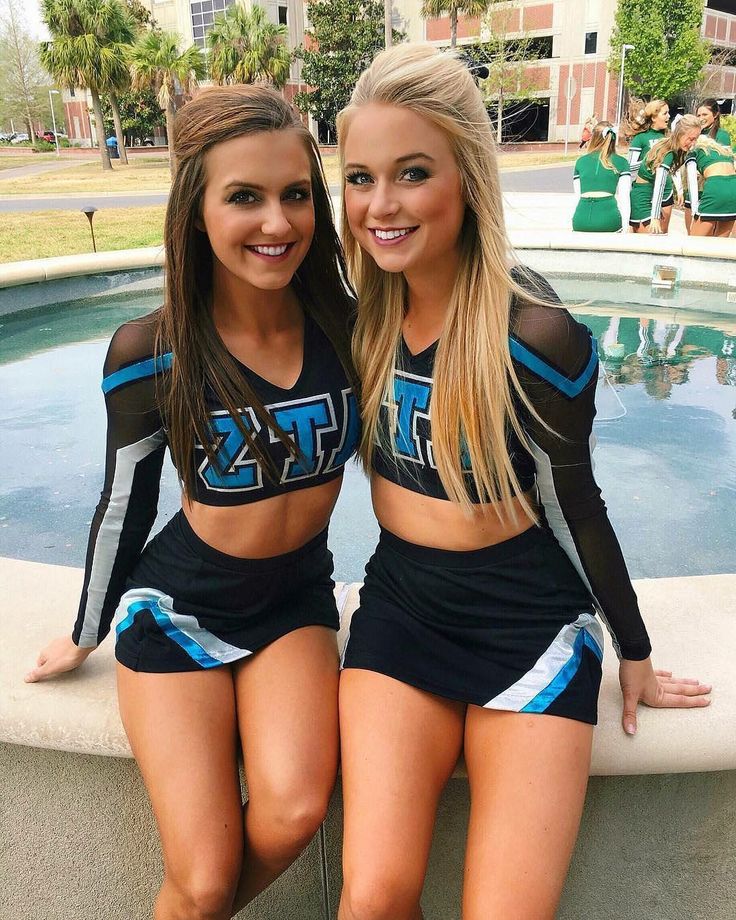
Being in these clubs can be a great way to make friends and feel a satisfying sense of community with like-minded peers. But please be aware, most require dues (not always easy for college students!). Many face challenges finding suitable and consistent rehearsal/class space. Despite these challenges, dance clubs often create great work and foster greater support for dance on college campuses.
In my undergraduate years, for example, I was in a ballet group. A few fellow members participated in an annual show called “Battle of the (Dance) Bands” (a take-off on the popular TV show). The show always sold out a huge auditorium. The crowd of college students all went wild cheering the various dance groups “battle” it out in friendly competition. What a great event for building love for dance!
#3. Work-study at a local dance studio.
I also did this in my undergraduate years, at a partnership of studios in Washington, D.C. I had an overall great experience helping out with production on their monthly shows and taking classes at any of the studios as my payment.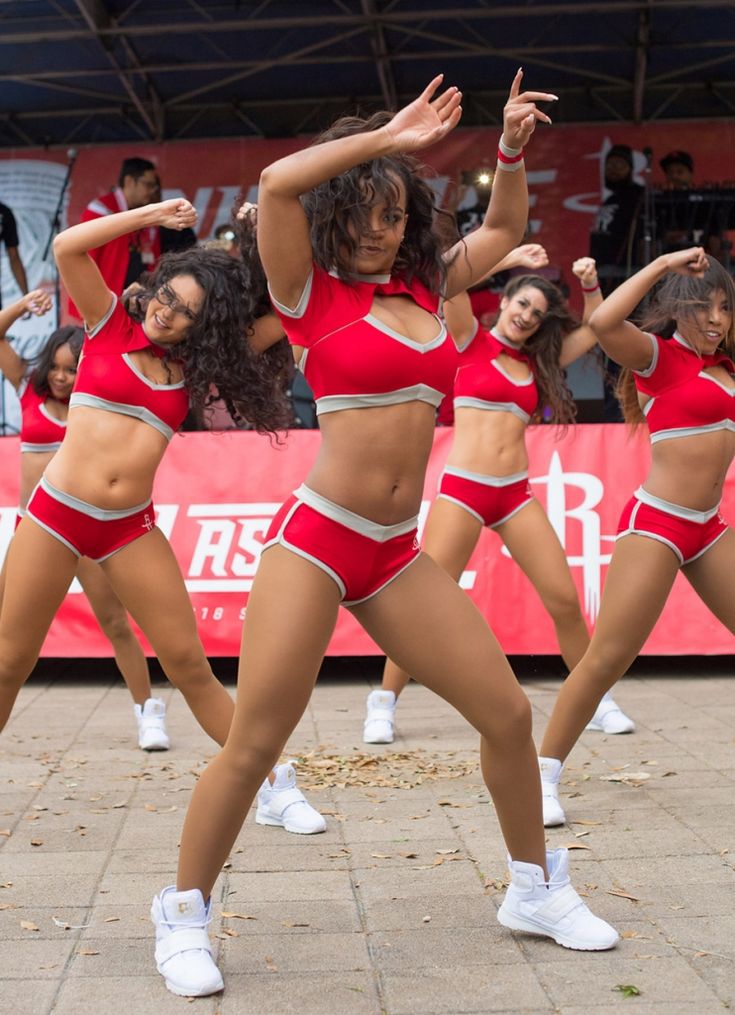 Sure, it could be hard to balance all of that with my studies, ballet group, work and personal life. In hindsight, however, it was definitely worth it! Depending on the studio, work-studying allows you to continue training in various styles with well-qualified, professional teachers (which is not always guaranteed with the two prior options).
Sure, it could be hard to balance all of that with my studies, ballet group, work and personal life. In hindsight, however, it was definitely worth it! Depending on the studio, work-studying allows you to continue training in various styles with well-qualified, professional teachers (which is not always guaranteed with the two prior options).
Do keep in mind, however, that this most likely won’t be conveniently on campus (if your school is in that type of setting, rather than one integrated into a city). Check out Yelp and Google reviews to get feedback on a studio you’re thinking of joining as a work-study student. Ask around in your present dance community for recommendations. Check out Dance Informa’s article on doing dance studio work-study here.
#4. Join your college gym.
Maybe what you really love about dancing is being able to move, stretch and express yourself through your body, in community with others. For the time being, through the often haphazard and extremely busy college years, fitness classes at your school’s gym can fulfill all of those things.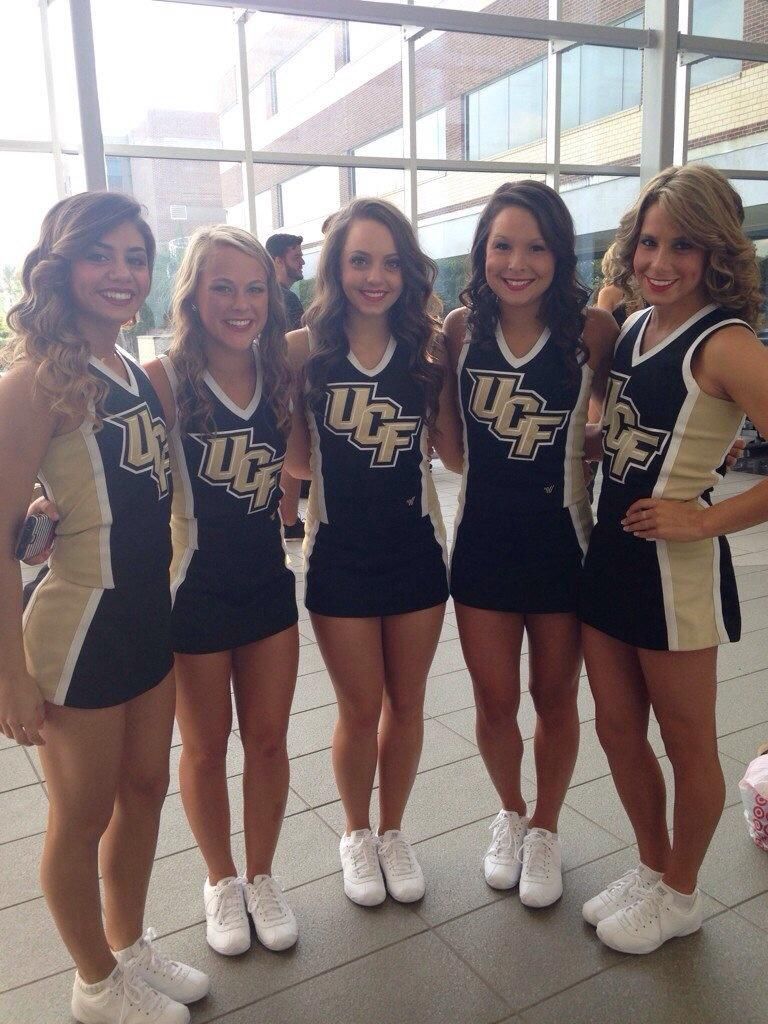 It can be a suitable alternative, until life likely settles down a bit. Aerobics, zumba, yoga and other dance/movement fitness forms can be fun, inspiring and help you stay in great shape.
It can be a suitable alternative, until life likely settles down a bit. Aerobics, zumba, yoga and other dance/movement fitness forms can be fun, inspiring and help you stay in great shape.
Some colleges offer these classes to all students at no additional cost, and some charge for them. And there can certainly be conflicts between your other commitments and classes you’d love to take. On the plus side, being involved with these classes, and the communities within and around them, could lead to new jobs. It could even draw you toward a fulfilling, stable career in fitness instruction, nutrition, physical therapy, personal training and related fields.
Even if you’re not majoring or minoring in dance in college, you don’t have to give up on dancing. With a little research and smart planning, you can keep it in your life, in some form or other. There are always ways to keep moving, the way you need to – with whole-person health in mind, with meaning, with heart, and with others! Like Luigi always said, “Never stop moving!”
By Kathryn Boland of Dance Informa.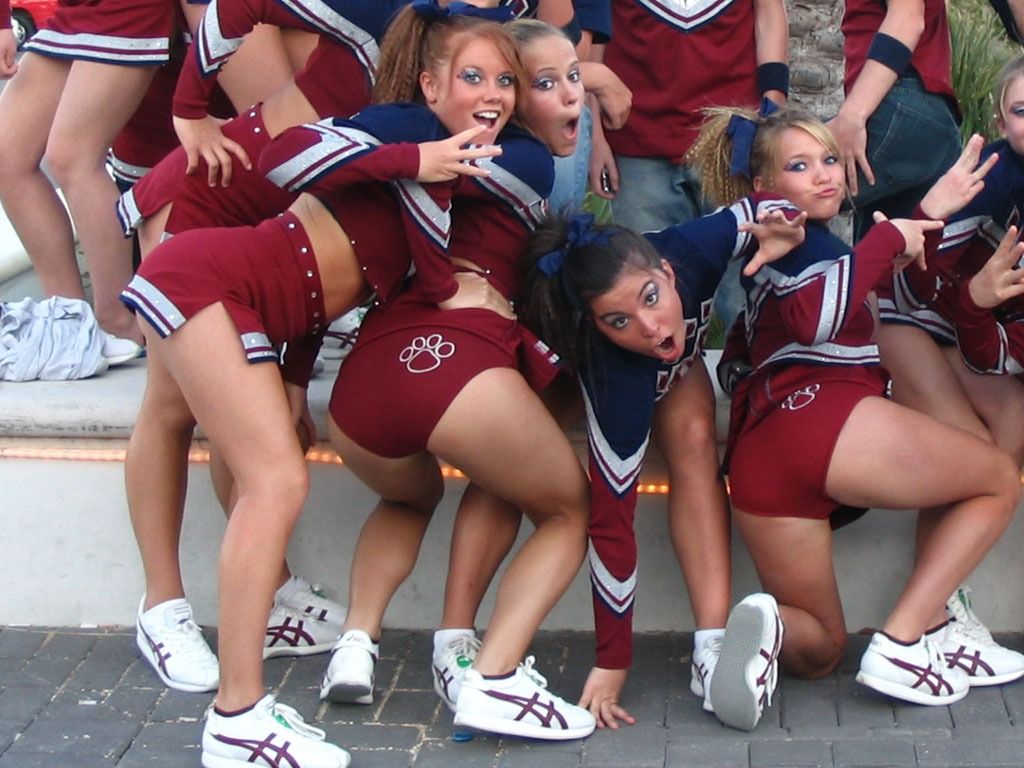
Related Items:athletics dance team, College Dance, college dance team, college gym, dance club, dance in college, dance major, dance studio, non-dance major, university dance team, work-study
How Dancers Can Prepare for Their Freshman Year of College
You’ve done the hard part: You got into a college dance program. And that, in and of itself, is a major achievement (pun intended).
But what comes next? How can you best use the summer before your freshman year to get your mind and body in the right place before you head off to school? Dance Spirit spoke with two college educators about how to prep for the next four years of your life.
For All Intensive Purposes…
One of the biggest challenges of a college dance program? The rigor. “Coming into a collegiate program, you’re going to have a daily ballet class, a daily contemporary class, a daily improv class, and you’ll likely be in rehearsals at night,” says Tommie-Waheed Evans, assistant professor of studio practice at University of the Arts.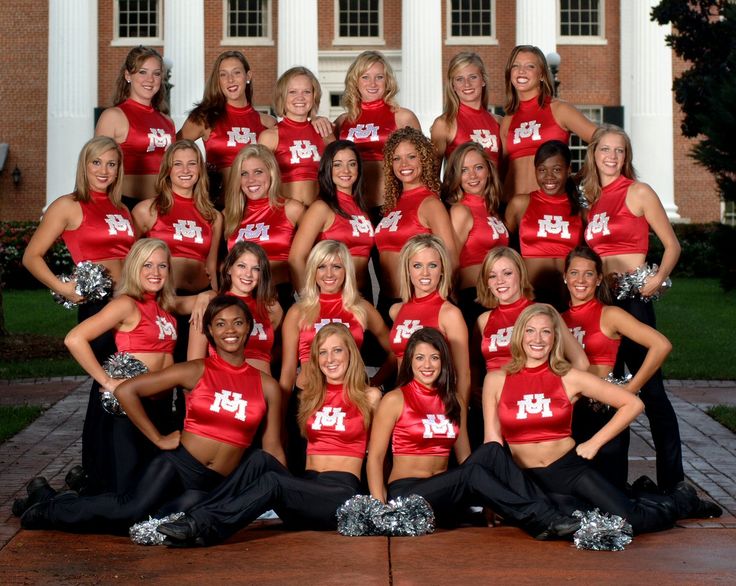 “Your first year in a dance program will be a lot, physically.”
“Your first year in a dance program will be a lot, physically.”
And most college educators agree that the best way to prepare for that increased rigor is by enrolling in some type of summer intensive before heading off to school. Whether it’s local or far from home, the level of dancing you’ll be doing each day will likely be similar to that at a college dance program. If finances are a barrier, seek out possible scholarship opportunities to help cover some of the cost.
But be smart with your summer scheduling. “I would look at the focus of the program you’re going into—whether it’s mostly modern-based, ballet-based,” says Keshia Wall, assistant professor of performing arts at Elon University. “Look into a summer intensive that aligns with the foundation of your college program, because that will only make you stronger when college starts.”
Care About Self-Care
Let’s be clear: Preparing for the rigor of a collegiate dance program doesn’t mean you should forgo self-care. “One of the biggest things I see from freshmen is burnout,” says Wall. “And so it’s really important to get the sleep and rest you need, both mentally and physically.”
“One of the biggest things I see from freshmen is burnout,” says Wall. “And so it’s really important to get the sleep and rest you need, both mentally and physically.”
In between summer intensives and back-to-school shopping, make sure you find time to focus on self-care. While it’s important to prepare for college, if you push your body to the limit prior to your first semester, you’re likely to end up sitting out classes and having to miss rehearsals once you start.
“Self-care can look like saying ‘no,’ ” says Wall. “You need to make smart choices about what you include yourself in, and if it isn’t absolutely necessary, don’t feel guilty about saying ‘no.’ ” Make sure to schedule in time for yourself so your body can rest, and so you have the space you need to adjust emotionally to the major changes on the horizon.
Let’s Get Physical
If you’ve been dealing with a chronic injury (or one that just keeps coming back for more), now is the time to deal with it.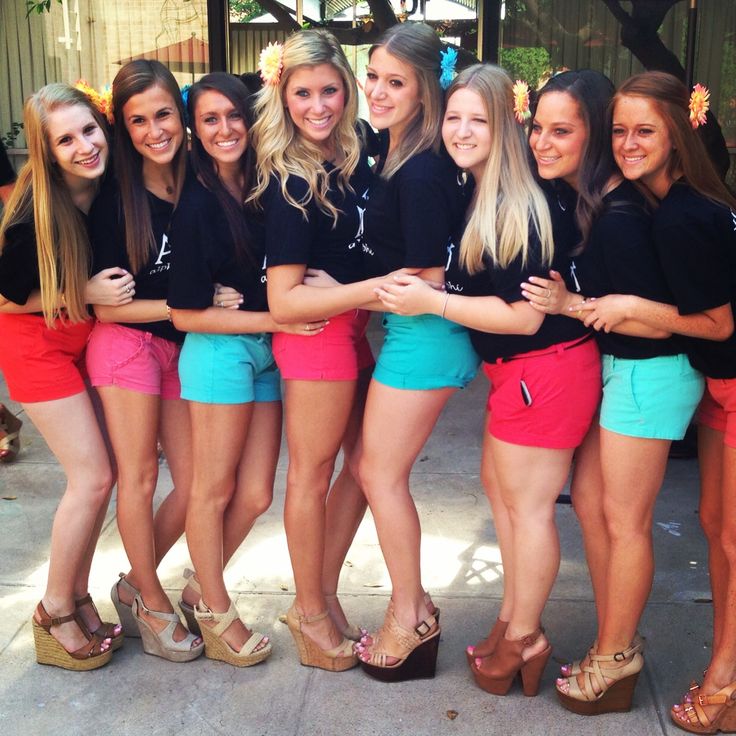 You want to start your college dance career at 100 percent, so if your ankle’s been bothering you for months: Go get it checked out. “If you can, try to see a physical therapist before heading to your college program,” says Evans.
You want to start your college dance career at 100 percent, so if your ankle’s been bothering you for months: Go get it checked out. “If you can, try to see a physical therapist before heading to your college program,” says Evans.
And most importantly, don’t just try to push through your injury and hope for the best. Remember the “why” of going to college—and remember that you aren’t just trying to impress your faculty or your fellow students.
“The ultimate goal of a college dance program is to help you find a career in dance,” says Wall. “So if you push your injury in college, to the point where you can’t dance, you’re not going to be able to have that full career.”
Read All About It
We have three words: research, research, research. And we don’t just mean reading your soon-to-be school’s website. While it’s a great resource, you probably won’t get everything you need in one place.
“Visit the school and the area, if you’re able to,” says Evans. Even if you’ve already toured the campus, visiting again may be worthwhile, so you can get more granular with your questions: What is the neighborhood like at night? Are you going to need a new winter coat? Are there dining halls on campus you should avoid? Where is the nearest decent cup of coffee? Your perspective will likely be different as a future student.
Even if you’ve already toured the campus, visiting again may be worthwhile, so you can get more granular with your questions: What is the neighborhood like at night? Are you going to need a new winter coat? Are there dining halls on campus you should avoid? Where is the nearest decent cup of coffee? Your perspective will likely be different as a future student.
If you can, try to get in touch with a student already enrolled in the program. “Find someone to tell you about the personal side of being a student,” says Evans. “Having a friend who’s already in the program will really benefit you.”
But no matter how much you read or research, anticipate that there will still be parts of college that will surprise you—and try to remember that’s a good thing! Expect the unexpected, and try to remain optimistic. “I’m always looking for students with great energy and a positive attitude,” says Wall. “I love when students show up and dive in head-first.”
Specialty Art of dance (by type), training of specialists, direction code 52.
 02.02 - Ucheba.ru
02.02 - Ucheba.ru Training of specialists, direction code 52.02.02
The specialty provides 3 specializations: folk stage dance, modern dance, sports ballroom dance. Students study anatomy, physiology, biomechanics, fine arts, musical art. They learn to perform and stage dance numbers for music and dance groups under the guidance of a choreographer and choreographer. They are engaged in learning the choreographic text, dance composition at rehearsals. nine0003
Graduates of the specialty dance in various dance groups, on stages, in concert and theater organizations. Also, they can work as choreography teachers in children's art schools, dance studios.
Education: on the basis of 7 classes (term of study 4 years 10 months)
Forms of education: full-time0003
for this specialty
on the average for other
Colleges in the specialty
Choreographic College College Classical Dance
1
Budget places
of 340000 r.
per year
The college was founded in 1992 on the basis of the Children's Ballet Theater of the DK AMO ZIL Gennady and Larisa Ledyakh. In the college, under the guidance of highly qualified teachers, students receive secondary vocational education in the following specialties: The Art of Ballet, The Art of Dance (by type). Upon graduation from the college, a diploma of secondary vocational education of the state standard is issued. nine0003
College of Culture and Arts of the North Caucasus State Institute of Arts
1
program
8
Budget places
College of culture and arts of the North Caucasus State Institute of Arts has been conducting educational activities since 1956 and currently has been carrying out educational activities training of specialists for work in cultural institutions in the specialties of full-time and part-time forms of education.
Voronezh Choreographic School
1
program
budget places
The Voronezh Choreographic School, being one of the oldest educational institutions of the Central Black Earth region, is also one of the leading choreographic educational institutions of the Russian Federation.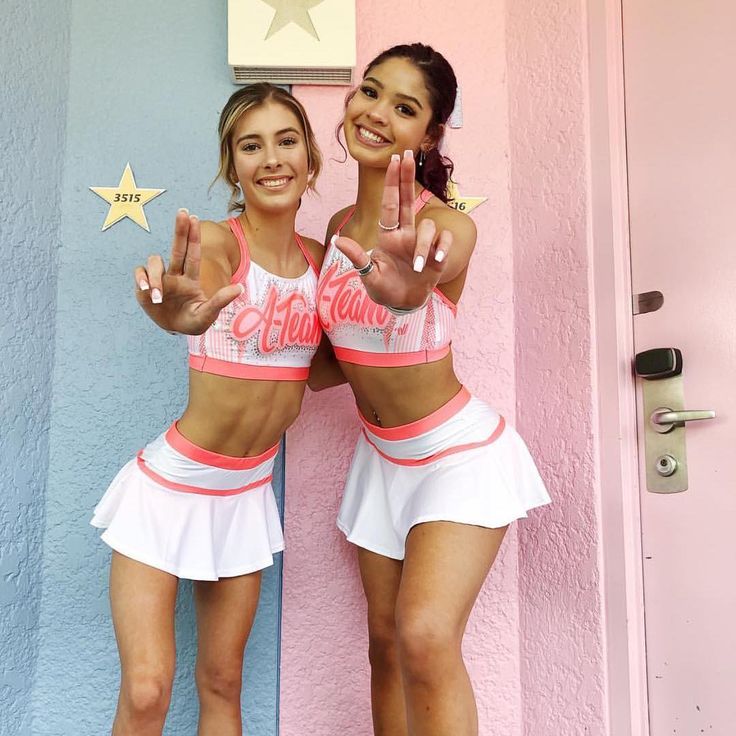 An amazingly creative team of teachers, accompanists, methodologists and teachers has been formed here, which transfers all their strength, knowledge and experience to new generations of future Russian stage professionals, taking care of their comprehensive harmonious development. nine0003
An amazingly creative team of teachers, accompanists, methodologists and teachers has been formed here, which transfers all their strength, knowledge and experience to new generations of future Russian stage professionals, taking care of their comprehensive harmonious development. nine0003
Shakhty College of Music
1
program
state-funded places
Karachay-Cherkess State College of Culture and Arts. A.A. Daurova
1
Program
Budget places
similar specialties
Ballet art
Preparation of specialists
17
Colleges
9000
Passage score
9,0003223
Budget places
Vocal art
Preparation of specialists
77
Colleges
4.21-85
Passing score
9000 317Budget places
Instrumental execution (on tools)
Preparation of specialists 9000
108
colleges
3.39-78.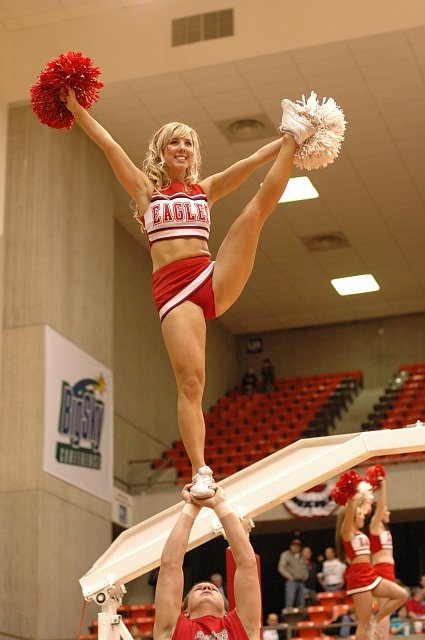 3
3
passing score
1736
budget places
Profession Choreographer - Ucheba.ru
College of Economic International Relations
For graduates of 9th and 11th grades.
Higher education online
Federal project of distance education.
I would go to the oil industry! nine0034
Take the test, find out your future profession and how to get it.
Future technologies
Get inspired to become a cool engineer to change the world
Student projects
Moscow Polytechnic students talk about their inventions
Chemistry and Biotechnology at RTU MIREA
120 years of training experience
International College of Arts and Communications
MKIK - modern college
English
Together with Wall Street English experts, we decided to talk about the English language in a way that would make you want to learn it.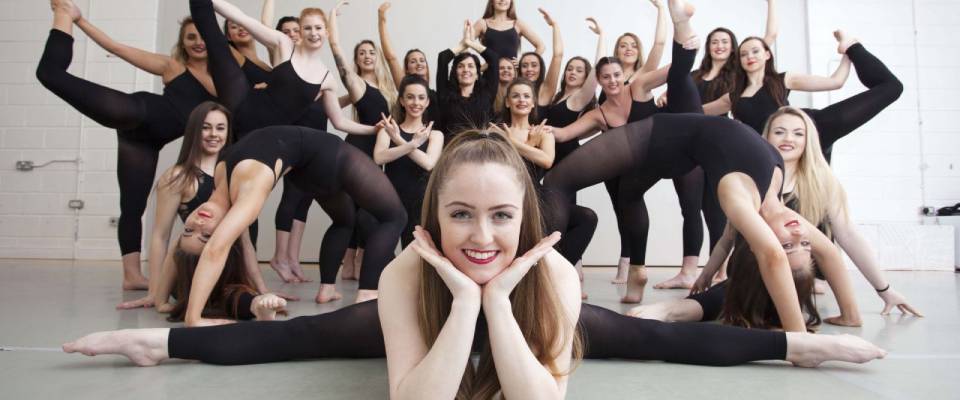
15 rules of safe behavior on the Internet
Simple but important rules for safe online behavior. nine0003
Olympiads for schoolchildren
List, calendar, levels, benefits.
First economic
We talk about what lives and how the Russian Economic University named after G.V. Plekhanov.
Ticket to Holland
Participate in the competition and win a trip to Holland to study at one of the summer schools at Radboud University.
nine0033 Digital HeroesThey create Internet services, social networks, games and applications that are used daily by millions of people around the world.
Jobs of the future
How new technologies, scientific discoveries and innovations will change the landscape of the labor market in the next 20-30 years
Dream professions
Together with the Foxford online learning center, we decided to ask schoolchildren who they dream of becoming and where they plan to go.